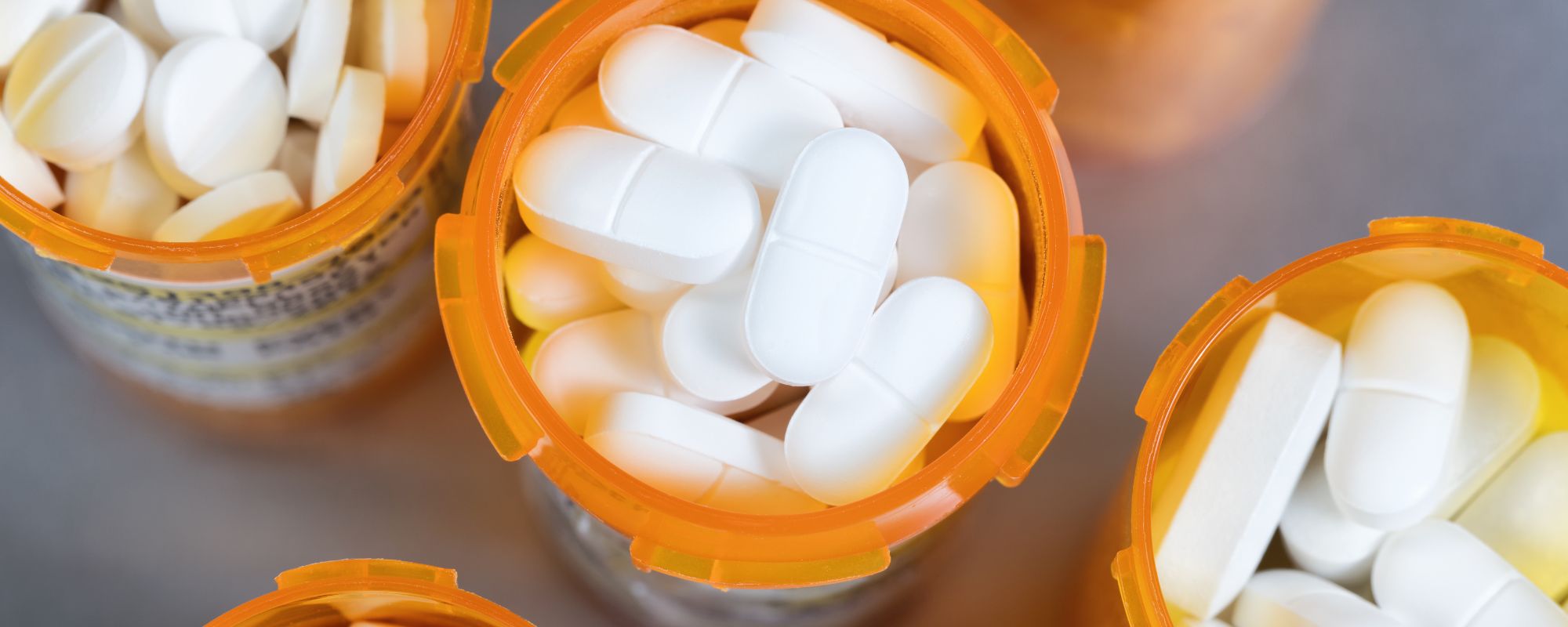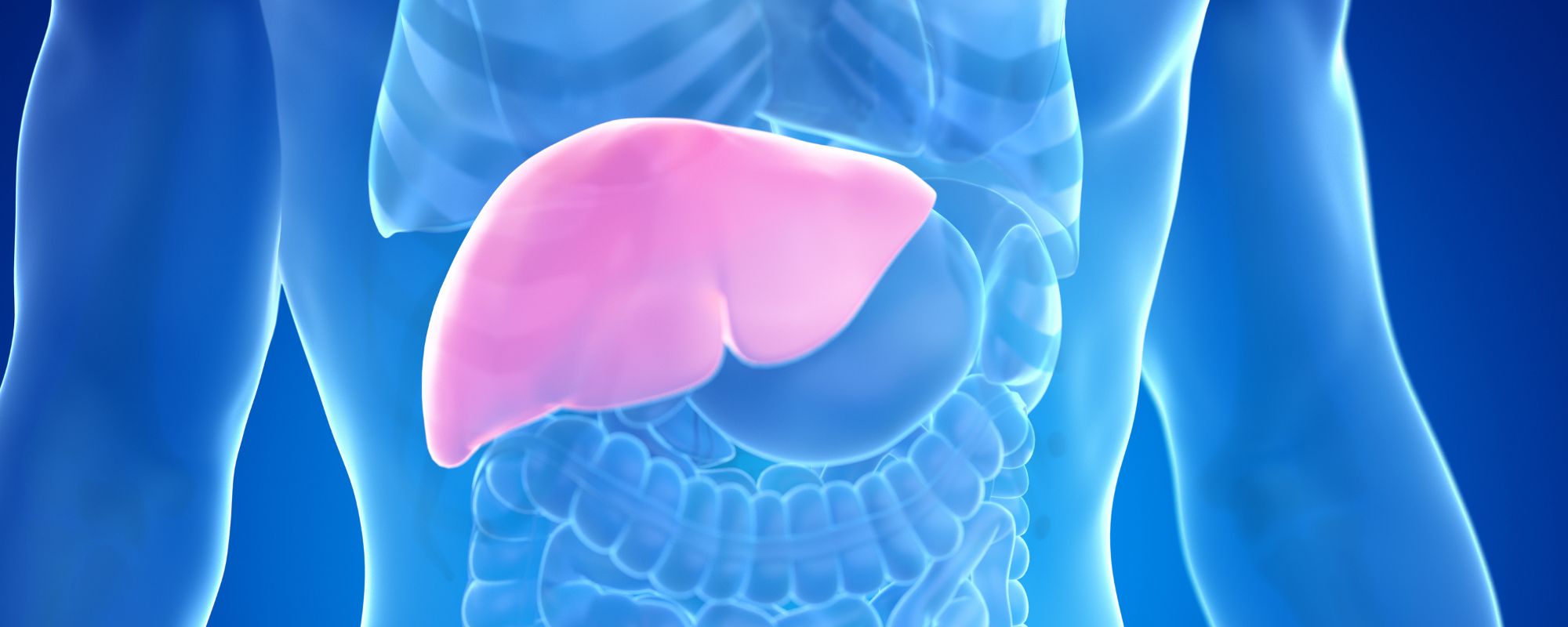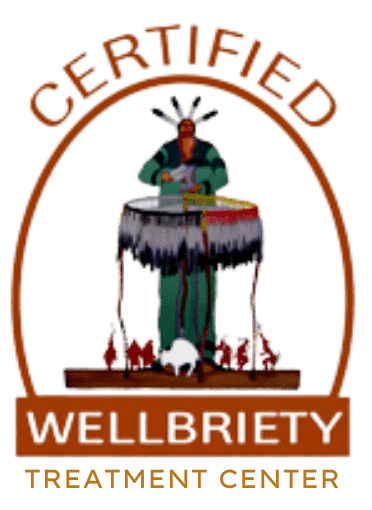College is often portrayed as a time of exploration, freedom, and self-discovery. But alongside the opportunities for academic and personal growth, many students also encounter pressures that can lead to unhealthy coping mechanisms—including substance abuse. From alcohol and marijuana to prescription stimulants and illicit drugs, college students and substance abuse continues to be a serious issue with long-term consequences.
The National Institute on Alcohol and Alcoholism (NIAAA) has found that four in five college students drink alcohol. One’s college and university years are generally characterized by underage drinking, sometimes excessive.
Stimulants prescribed for ADHD, such as Adderall, tend to be used by students to supplement studying or other academic activities, and are often viewed as relatively harmless (being as they are not considered “hard drugs”), though the drugs can become habit-forming and be highly addictive.
Why College Students Are at Risk
There are several unique factors that make college students particularly vulnerable to substance abuse. For one, the transition to college often involves significant life changes—living away from home, managing academic pressures, and navigating new social environments. Many students turn to substances to cope with stress, anxiety, depression, or simply to fit in with peers.
Peer influence is especially strong in college settings, where social norms may encourage binge drinking or recreational drug use. Parties, Greek life, and tailgating culture can normalize excessive alcohol consumption and drug experimentation. Unfortunately, what may start as “just having fun” can quickly spiral into patterns of misuse or addiction.
Commonly Abused Substances on Campus
Alcohol remains the most widely abused substance among college students. Binge drinking is common and can lead to blackouts, injuries, poor academic performance, and risky behavior.
Marijuana use is on the rise, especially with changing legal attitudes. While often viewed as harmless, regular use can impair memory, motivation, and mental health.
Prescription stimulants like Adderall or Ritalin are often misused by students trying to boost academic performance. This non-medical use is dangerous and can lead to dependence, heart problems, or other serious side effects.
Party drugs such as MDMA, cocaine, and hallucinogens are sometimes used recreationally but carry significant health and legal risks.
Vaping and nicotine are also increasingly common, often starting as a social activity but leading to addiction over time.
Drinking and using drugs heavily in college can lead to academic struggles, leaving school or expulsion, problems in personal relationships, health issues, and unprotected or unwanted sex. Sexual assault is too often linked to elevated drinking levels. There’s even an issue with laced marijuana causing harm among users.
Misusing ADHD medications like Adderall can lead to insomnia, headaches, irritability, and depression, as well as loss of appetite, anxiety, and changes in sex drive. Long-term users can develop psychological and physical dependence in much the same way as dependence on other drugs takes shape.
Mental Health and Co-Occurring Issues
Substance abuse among college students is frequently intertwined with mental health issues. Anxiety, depression, and trauma are prevalent in this population, and without proper support, students may self-medicate with drugs or alcohol. This combination of mental health struggles and substance use—often referred to as a dual diagnosis—requires integrated treatment and support.
Colleges are increasingly recognizing the importance of providing accessible behavioral health services, but stigma and lack of awareness still prevent many students from seeking help.
The Consequences of Substance Abuse in College
The short-term effects of substance abuse include missed classes, poor grades, strained relationships, and legal problems. Over time, continued use can lead to addiction, mental health deterioration, and a host of physical health issues. For some students, the consequences can be life-altering, even life-threatening.
Academic suspension, DUIs, and dropping out of school are not uncommon among students who struggle with substance abuse. Additionally, the college years are formative—habits developed during this time often carry into adulthood.
Prevention and Support
Preventing substance abuse among college students starts with education, awareness, and open conversation. Universities can play a major role by offering:
On-campus counseling services and confidential support
Peer support groups and recovery communities
Educational programs about the risks of substance use
Healthy alternatives for stress relief, such as exercise programs, mindfulness workshops, and sober events
Substance-free housing options for students in recovery
Students who are already struggling with substance use can benefit from early intervention and access to evidence-based treatments, including therapy, medication-assisted treatment, and family support services.
Professional Help for College Students and Addiction
College is a time for growth, but it shouldn’t come at the cost of a student’s well-being. By increasing awareness, reducing stigma, and providing compassionate, professional support, we can help students make healthier choices and build a foundation for lifelong wellness. If you or someone you know is struggling with substance use, don’t wait to get help. Support is available—and recovery is always possible.
Royal Life Centers at Sound is a drug and alcohol aftercare treatment center in Lacey, Washington. We offer a holistic approach to outpatient care at the PHP, IOP, OP, and sober living levels and treat dependence on alcohol, benzodiazepines, cocaine, methamphetamine, and opioids. If you or a loved one has a substance use disorder, please do not hesitate to reach out to us at (877)-RECOVER for support and to learn more about how we help guests overcome addiction.













